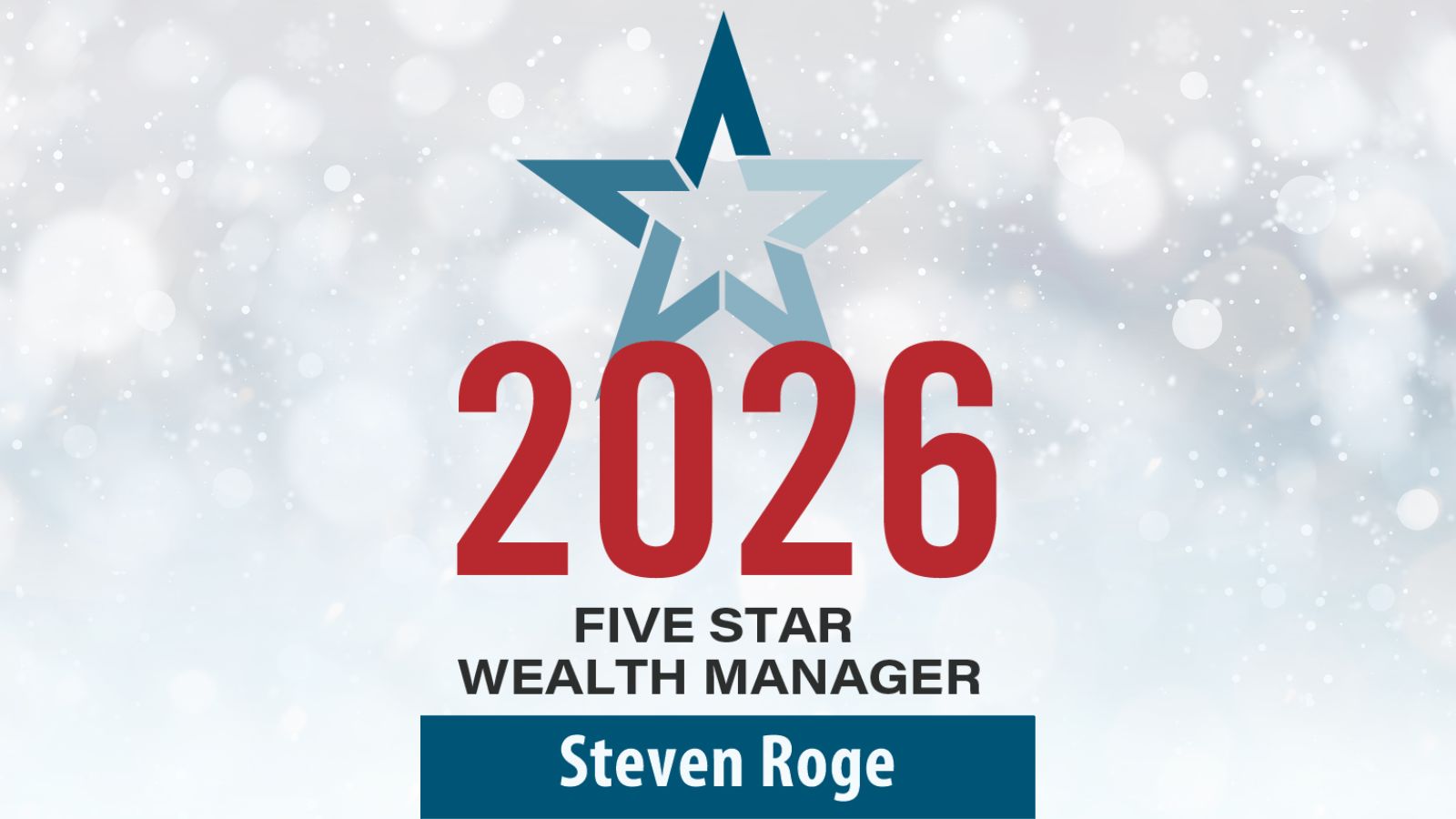
How Can You Turn Your Wealth into a Lasting Legacy?
Over the past two decades, rising asset prices in stocks, real estate, and other investments have put many individuals in a position to not only retire comfortably but also accumulate a sizable nest egg. Recent reports show that in 2023, the number of millionaires in the U.S. rose by 7.3%, and worldwide, millionaire growth reached 5.1%. While having a million dollars is not what it used to be, with strategic investment advice for multi-generational wealth, comprehensive financial planning, and time, it can still grow into a small fortune.
At our firm, we’ve noticed a growing number of clients who have fully funded their own retirement plans and are now turning their focus toward legacy planning. The conversation shifts from individual financial goals to broader, long-term objectives, ensuring wealth preservation for the next generation and beyond. Multi-generational investing is an approach designed to extend the longevity of assets and maintain family wealth through smart estate planning, tax-efficient strategies, and a sustainable investment philosophy.
What Are the Key Considerations for Multi-Generational Investing?
Once an investor shifts their mindset from individual financial security to long-term legacy planning, several critical factors come into play:
1. Structuring Wealth Transfer with Trusts and Estate Planning
The most important consideration in multi-generational investing is determining the beneficiary structure of assets. Without proper planning, even a sizable estate may not last beyond one or two generations. In fact, studies show that 70% of wealthy families lose their wealth by the second generation, and 90% lose it by the third.
To protect and control wealth transfer, individuals should consider working with an estate planner to create trusts. Discretionary trusts, dynasty trusts, and revocable or irrevocable trusts can provide:
- Control over asset distribution
- Protection from creditors, divorce, or irresponsible spending
- Privacy and tax-efficient wealth transfers
Key Question: What type of trust is best suited for my family’s needs, and how can I ensure my assets are distributed according to my wishes?
2. Tax-Efficient Strategies for Wealth Transfer
Tax planning is a crucial component of multi-generational investing. Investors should explore:
- Roth Conversions: Converting traditional IRAs to Roth IRAs allows for tax-free growth and distributions over multiple generations.
- Gifting Strategies: Utilizing annual gift tax exemptions and lifetime exclusion amounts to transfer wealth tax-free.
- Family Limited Partnerships (FLPs) or Grantor Retained Annuity Trusts (GRATs): These structures help transfer assets with minimal tax implications.
Key Question: What are the best tax-efficient strategies for transferring my wealth to future generations?
3. Aligning Investment Strategies with Long-Term Legacy Goals
The investment advice for multi-generational wealth must evolve to prioritize sustainable, long-term growth while managing risk for future generations. This means:
- Diversification: Ensuring a well-balanced portfolio that includes equities, fixed income, real estate, and alternative investments.
- Growth-Oriented Asset Allocation: Matching longer-term liabilities with equity investments to take advantage of market appreciation over time.
- Sustainability and ESG Investing: Many families want their investments to align with their values, ensuring ethical and responsible wealth management.
Key Question: How should I adjust my portfolio to optimize growth while preserving capital for future generations?
4. Educating and Preparing Heirs for Financial Responsibility
One of the biggest reasons family wealth dissipates is the lack of financial literacy among heirs. Educating children and grandchildren about responsible investing, budgeting, and tax implications is crucial to maintaining wealth for future generations.
Investors may consider:
- Hosting family meetings with financial advisors
- Setting up a family investment policy to establish clear guidelines
- Encouraging heirs to participate in wealth management decisions early
Key Question: How can I prepare my heirs to manage inherited wealth responsibly?
5. Incorporating Charitable Giving into Multi-Generational Planning
Many families also want their wealth to make a positive impact beyond their own lineage. Strategic philanthropy through donor-advised funds, charitable trusts, or direct gifting can create a lasting legacy while offering tax advantages.
Key Question: What are the best ways to incorporate charitable giving into my long-term wealth plan?
What Role Does Time and Early Planning Play in Multi-Generational Investing?
Time is a crucial factor in successful multi-generational investing. The earlier a family begins incorporating estate and tax strategies into their financial plan, the more opportunities they have to optimize wealth transfer. Proactive planning allows for greater flexibility in structuring trusts, managing tax liabilities, and selecting long-term investment vehicles that align with legacy goals.
Delaying these decisions can lead to missed tax-saving opportunities, inefficient asset allocation, and unintended consequences for heirs. Additionally, starting early enables families to instill strong financial values in younger generations, preparing them to be responsible stewards of wealth.
Regularly reviewing and adjusting estate and investment plans with a trusted financial advisor ensures that assets remain strategically positioned to support future generations. By taking a long-term approach and making thoughtful adjustments along the way, families can maximize the longevity and impact of their wealth.
How Does Multi-Generational Wealth Impact Families Beyond Finances?
While financial planning and tax strategies are essential for preserving wealth, the emotional aspect of passing down assets is just as critical. Many families struggle with navigating discussions about inheritance, values, and financial responsibility. Some key considerations include:
- Fostering a Healthy Money Mindset: Teaching heirs that wealth is a tool, not an entitlement.
- Aligning Wealth with Family Values: Ensuring investments and philanthropy reflect shared goals.
- Avoiding Family Conflict: Clear communication and structured estate planning help prevent misunderstandings and disputes over inheritance.
Encouraging open conversations about financial values, responsibility, and expectations can help ensure wealth is a source of opportunity rather than stress for future generations.
How Can Family Governance Help Preserve Wealth for Future Generations?
For families with substantial wealth, establishing a formal family governance structure can be a game-changer. This may include:
- A Family Wealth Mission Statement: Outlining the purpose of the wealth and shared long-term goals.
- Regular Family Meetings: Providing a space to discuss financial decisions, investment strategies, and estate planning updates.
- A Financial Stewardship Plan: Setting clear expectations for managing and growing inherited wealth, including philanthropy and entrepreneurial ventures.
A structured approach to managing family wealth ensures continuity, strengthens financial literacy, and fosters responsible stewardship across generations.
What Are Some Dos and Don’ts of Multi-Generational Wealth?
Successfully building and preserving multi-generational wealth requires thoughtful planning and disciplined execution. Here are some key dos and don’ts to keep in mind:
Dos:
- Start Planning Early: The sooner you establish a wealth transfer plan, the more effective it will be.
- Educate Heirs: Ensure your family members understand how to manage and grow their inheritance responsibly.
- Use Trusts Wisely: Leverage estate planning tools such as revocable trusts, dynasty trusts, and discretionary trusts for asset protection and tax efficiency.
- Diversify Investments: Maintain a well-balanced portfolio that supports long-term growth while mitigating risk.
- Review and Adjust Plans Regularly: Reassess financial strategies and legal structures periodically to align with changing tax laws and family dynamics.
Don’ts:
- Avoid Conversations About Wealth: Keeping heirs in the dark about financial matters increases the likelihood of mismanagement and disputes.
- Rely Solely on Wills: A comprehensive estate plan with trusts and structured asset transfers is often more effective than just a will.
- Overlook Tax Implications: Poor tax planning can significantly reduce the amount of wealth passed down to future generations.
- Assume Wealth Will Last Forever: Without careful stewardship and financial education, even significant fortunes can disappear within a few generations.
- Ignore Professional Guidance: Work with trusted financial advisors, estate planners, and tax professionals to create a sustainable legacy.
Multi-generational investing is about more than just passing down money, it’s about preserving family values, ensuring financial stability, and creating opportunities for future generations. By leveraging estate planning tools, tax-efficient strategies, and thoughtful investment advice for multi-generational wealth, investors can build a lasting legacy.
If you have any questions or would like to explore legacy planning, our team of CERTIFIED FINANCIAL PLANNERTM (CFP®) professionals would be happy to assist. We can show you how our financial planning process can help you stay on track and achieve your financial goals. Please contact us for a complimentary discovery call at 631.218.0077. You can also send us a message directly.
R.W. Rogé & Company, Inc. is an independent, fee-only financial planning and investment management firm serving clients locally and virtually across the country, with Long Island, New York, and Beverly, Massachusetts office locations. R.W. Rogé & Company, Inc. was founded on a “client first” culture and proudly commits to acting in your best interest as a fiduciary. We have helped clients Plan, Achieve, and Live® the life they want since 1986. To learn more about how we do this, explore our detailed overview of services and approach.



